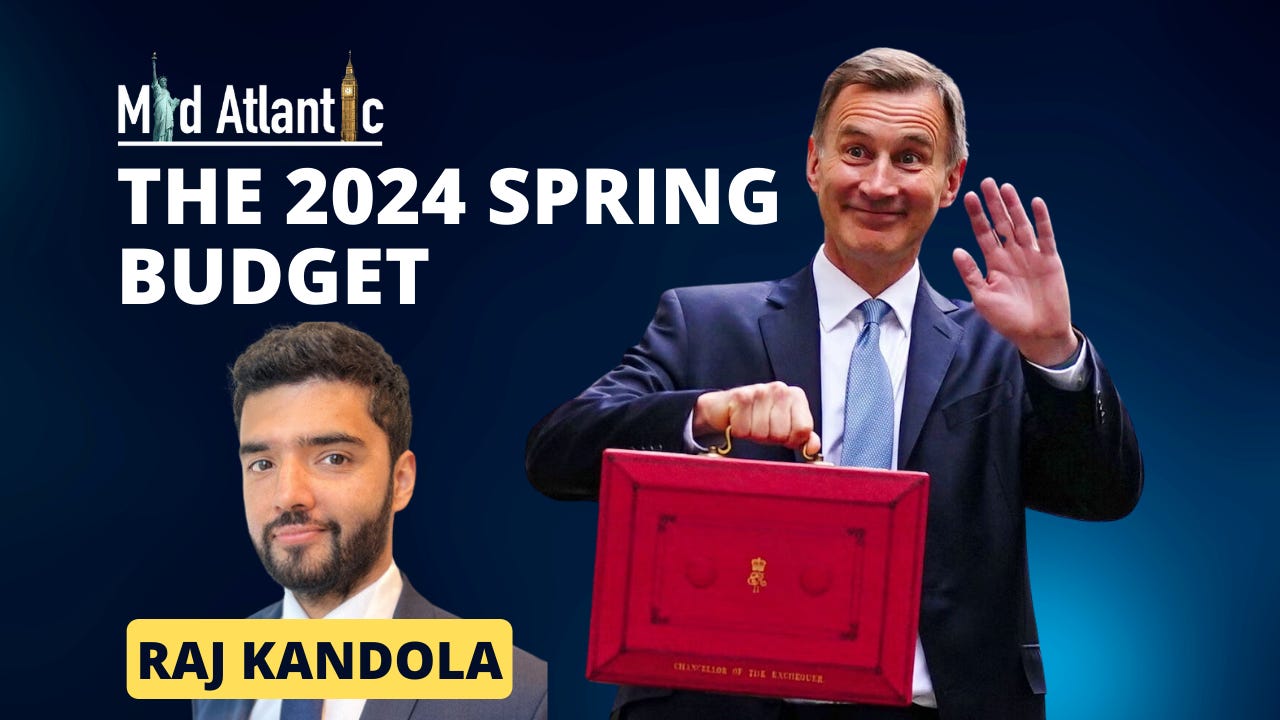In today's edition of Mid Atlantic, we focused on Chancellor Jeremy Hunt's 2024 Spring Budget, featuring insights from Raj Kandola of the Greater Birmingham Chambers of Commerce. Chancellor's statement, "Debt is falling, in line with our fiscal rules," was a focal point of his speech to Parliament, we however examined its implications for real growth and public services. This assertion by Hunt was aimed to provide reassurance, rooted in fiscal policy that mandates a downward trajectory for national debt within the next five years, an objective supported by the Office for Budget Responsibility (OBR).
However, it is important to look deeper into what this forecast genuinely signifies. While the Chancellor's words indicate an impending alignment with fiscal targets, they do not denote an immediate reduction in national debt. Instead, the OBR's projection outlines a complex future path: debt levels are expected to rise over the next three years, stabilise in the fourth year, and only begin to decline in 2028-29, excluding the Bank of England's debts.
Crucially Hunt's budget proposal includes £20 billion in cuts to public sectors beyond health, defence, and education, endeavouring to adhere to a stringent fiscal policy. Austerity is set to persist, which has deprived the UK economy of real wage growth since 2008.
This misguided strategy heightens my concerns about the sustainability of public services. The phrase "Debt is falling" contrasts sharply with the reality that living standards are declining. What kind of society are we genuinely creating?















Share this post